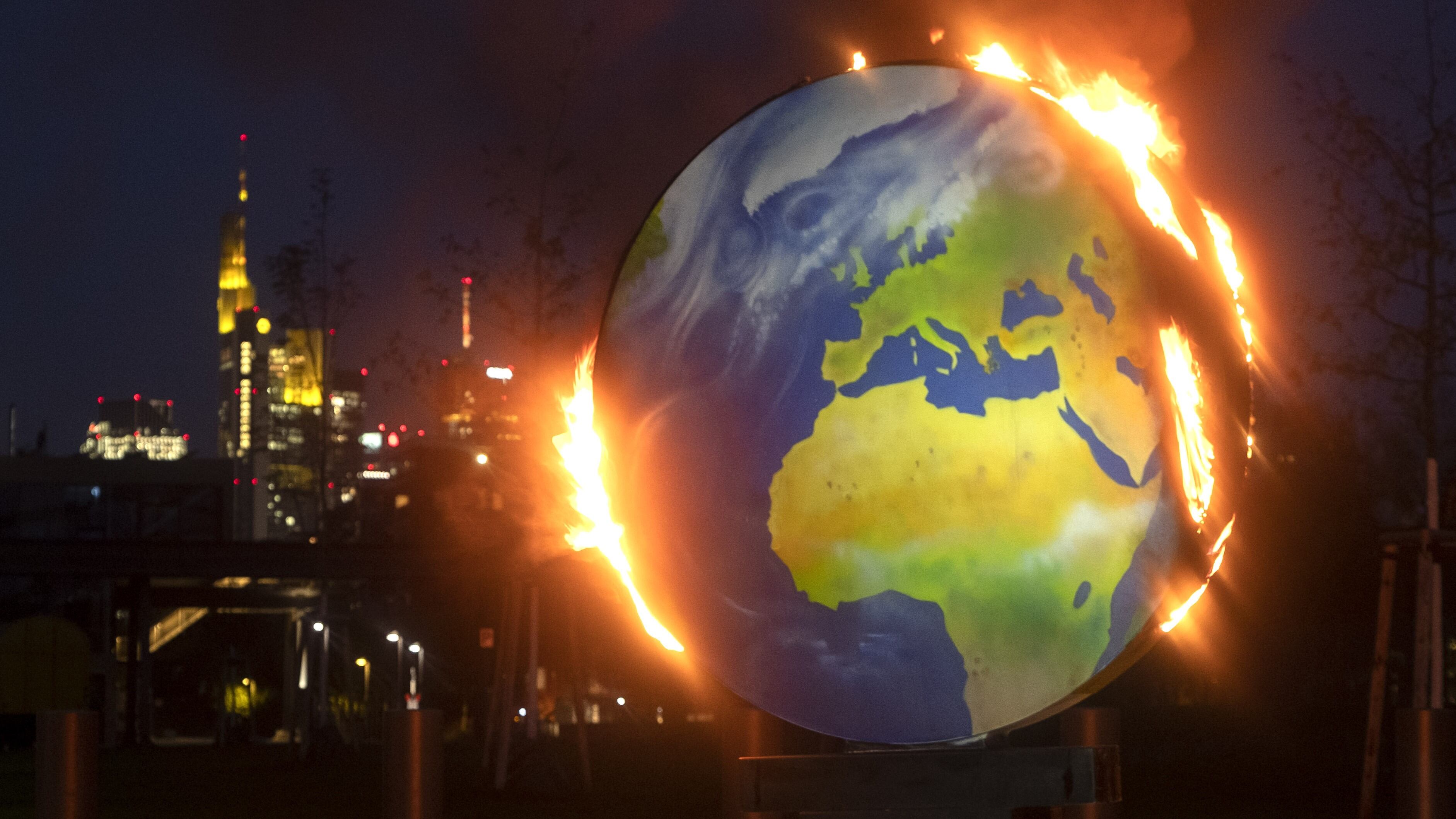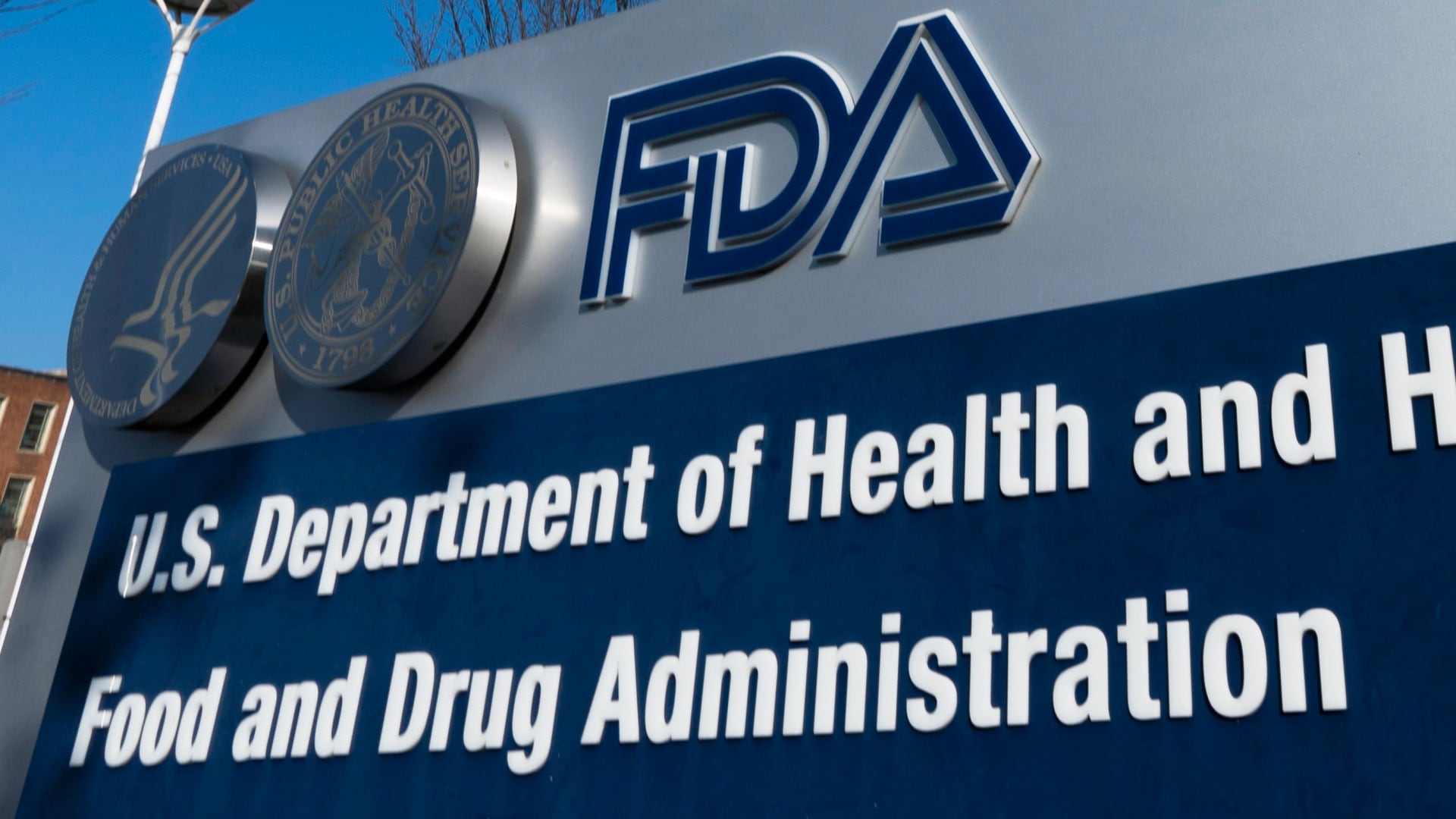By Frank Jordans
The United States on Wednesday formally left the Paris Agreement, a global pact forged five years ago to avert the threat of catastrophic climate change.
The move, long threatened by U.S. President Donald Trump and triggered by his administration a year ago, further isolates Washington in the world but has no immediate impact on international efforts to curb global warming.
There are 189 countries that remain committed to the 2015 Paris accord, which aims to keep the increase in average temperatures worldwide “well below” 2 degrees Celsius (3.6 degrees Fahrenheit), ideally no more than 1.5C (2.7 F), compared to pre-industrial levels. A further six countries have signed, but not ratified the pact.
Scientists say that any rise beyond 2 degrees Celsius could have a devastating impact on large parts of the world, raising sea levels, stoking tropical storms and worsening droughts and floods.
The Paris accord requires countries to set their own voluntary targets for reducing greenhouse gases such as carbon dioxide. The only binding requirement is that nations have to accurately report on their efforts.
The United States is the world’s second-biggest emitter after China of heat-trapping gases such as carbon dioxide and its contribution to cutting emissions is seen as important, but it is not alone in the effort. In recent weeks, China, Japan and South Korea have joined the European Union and several other countries in setting national deadlines to stop pumping more greenhouse gases into the atmosphere.
Democratic presidential candidate Joe Biden has said he favors signing the U.S. back up to the Paris accord.
The German government said it was “highly regrettable” that the United States had left the pact.
“It's all the more important that Europe, the EU and Germany lead by example,” said government spokesman Steffen Seibert, citing the EU's goal of becoming the first climate neutral continent by 2050.
While the Trump administration has shunned federal measures to cut emissions, Seibert noted that U.S. states, cities and businesses have pressed ahead with their own efforts.













